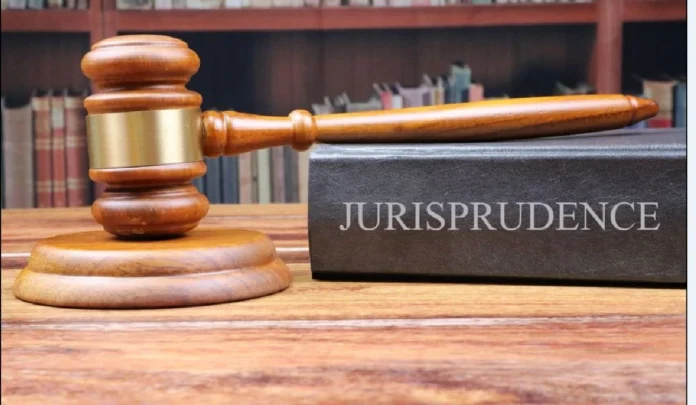By Sanjay Raman Sinha
In a move laden with political undertones and fraught with sinister constitutional implications, the Modi government’s three constitutional amendment Bills have set off alarm bells within the Opposition.
The Constitution (130th Amendment) Bill, 2025, introduced in Parliament on August 20, seeks to bar prime ministers, chief ministers, and ministers from holding office if they remain in jail for 30 consecutive days or more for offences carrying a minimum sentence of five years. Alongside, the Government of Union Territories (Amendment) Bill, 2025, and the Jammu and Kashmir Reorganisation (Amendment) Bill, 2025, were also tabled. The move overturns well-established parliamentary convention that an elected representative is accountable only to the House.
Article 75 lays down the framework for the prime minister and the council of ministers: the Prime Minister is appointed by the President, and other ministers on the prime minister’s advice. They hold office at the President’s pleasure and remain collectively responsible to the Lok Sabha.
While speaking to India Legal, PK Malhotra, former Union Law Secretary, expressed caution: “The Bill’s objective is based on constitutional morality and good governance, but its implications need thorough examination by the JPC. A potential complication arises if the Prime Minister or chief minister ceases to hold office, as this would likely impact the entire council of ministers, given their appointment is based on the PM/CM’s recommendation.”
The proposed law also collides with a bedrock principle of jurisprudence: an accused is innocent until proven guilty. By requiring abdication of office if not proven innocent within 30 days, it defies the realities of India’s justice system, where investigations drag, bail petitions linger, and trials run for years.
By statute, charge sheets must be filed within 60 days for offences triable by lower courts and 90 days for those before sessions courts. Failure entitles the accused to “default bail”. This safeguard ensures natural justice. The Bill, critics argue, negates this guarantee under the guise of “constitutional morality”.
The Opposition points to leaders jailed under the Prevention of Money Laundering Act (PMLA)—including Hemant Soren, Arvind Kejriwal and Jagan Reddy—who spent months in custody without incriminating evidence before eventually securing bail. Since bail under PMLA is exceptionally hard to obtain, critics say the amendment could become a political weapon for the ruling party to oust opponents from power. The Supreme Court itself has warned against PMLA provisions being misused as tools for prolonged detention. Opposition parties fear that the amendment would not only destabilize non-BJP-led governments, but also alter the very balance of constitutional protections.
The Bill proposes amendments to Articles 75, 164 and 239AA, inserting provisions for automatic removal of the Prime Minister, chief minister, and ministers after the specified period in custody. It has been referred to a Joint Parliamentary Committee for scrutiny, but Opposition parties have boycotted it as “discriminatory”. Yet, the boycott has not been unanimous: Trinamool Congress and Samajwadi Party have stayed away, while the Congress remains undecided. This disunity is being viewed as a strategic setback to the INDIA bloc’s resistance.
The Bill appears aimed at cases such as Delhi CM Arvind Kejriwal’s refusal to resign despite spending over five months in jail in the excise policy case. By contrast, his ministers Satyendar Jain and Manish Sisodia resigned soon after arrest, and Jharkhand CM Hemant Soren stepped down immediately after his arrest.
But the Opposition insists the timing is suspect, a diversionary ploy to blunt public anger over the Special Intensive Revision (SIR) exercise, which had left the government cornered in Parliament and in battleground states like Bihar and Bengal. The amendment, they allege, was “conjured up” in an emergency cabinet meeting as the House raged over SIR.
With constitutional change requiring a two-thirds majority in both Houses, the NDA cannot pass the amendment on its own and must seek outside support. Meanwhile, its political intent remains under fierce scrutiny.
The Opposition warns that this is not just another political manoeuvre—it is a step towards reshaping India’s constitutional framework in ways that could permanently tilt power away from the democratic safeguards envisioned by the framers.


